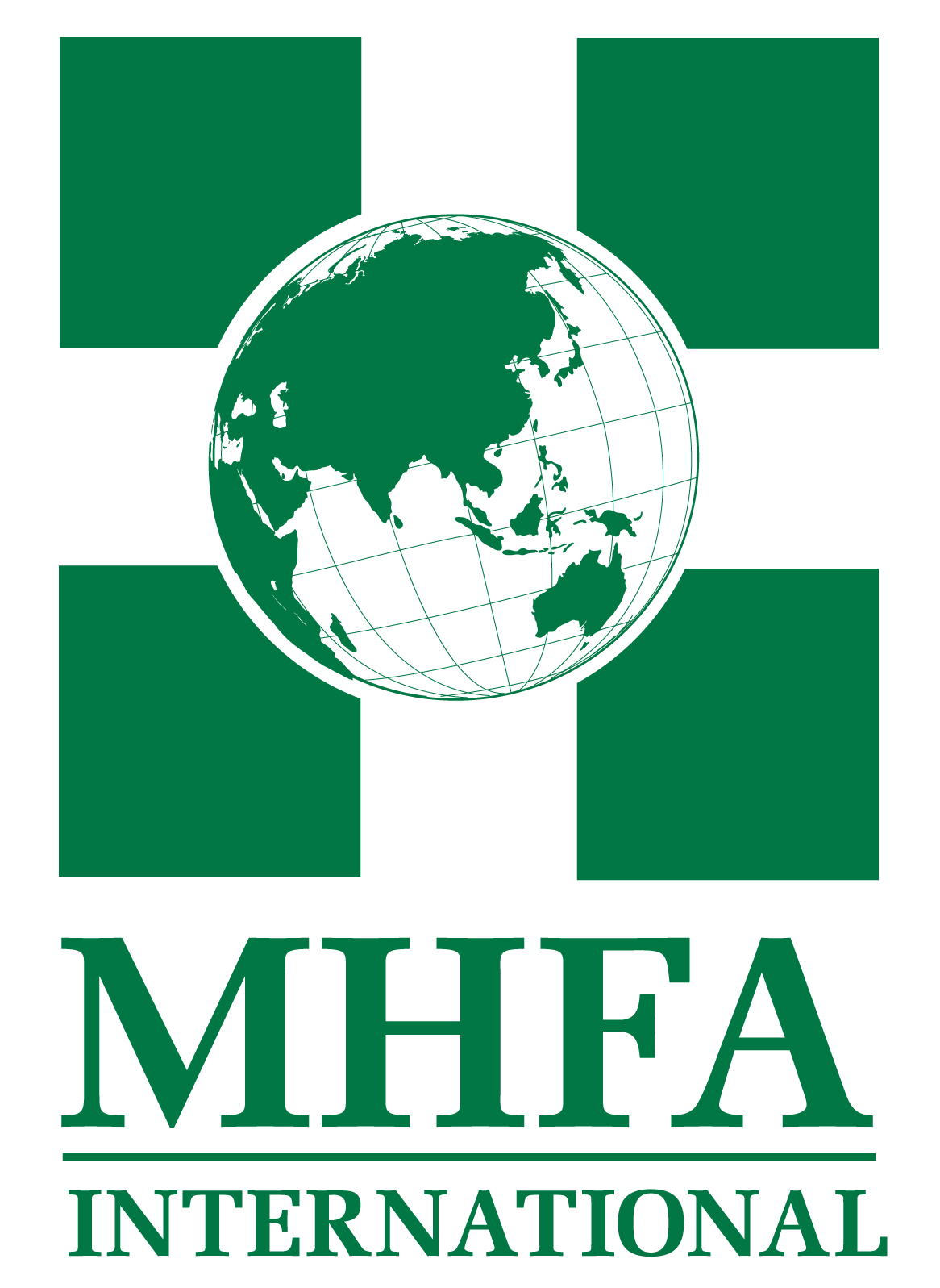“Mental health first aid has been defined as the help provided to a person developing a mental health problem or in a mental health crisis. The first aid is given until appropriate professional treatment is received or until the crisis resolves. Training courses started to be developed in Australia by Betty Kitchener, and Anthony Jorm in 2001, then spread to other countries (…)”. It aims apparently to “increase mental health literacy, expand knowledge on how to help someone in a psychological crisis, connect individuals with professionals, and reduce stigma”.
But then MHFA stems from a medical model which can have its limits. It has been argued that it could in fact result in more stigma, if not more alienation, through the use of clinical labels, prompt resort to medical authorities / psychiatric services, and medication. These points are addressed in Three reviews of mental health first aid on the Mad In America website:
“Edward Duff: Mental Health First Aid is pretty good if you ignore the labeling system and just pay attention to the very gentle form of peer support, harm-reduction, and listening they advocate. This is a big IF since the main response of the program is to lead people into psychiatric services. It’s also a form of response short of an emergency hospitalization/capture scenario. This can be a very good thing to avoid, for sure.”
With this in mind, you can explore MHFA Australia material on how to pick up signals, how to approach and help someone with depression, psychosis, suicidal thoughts and behaviors, panic attacks, drug or alcohol use problems… or help returning to work after depression. Also, it has guidelines adapted to different cultures.
* MHFA Australia free GUIDELINES *
“In order to improve the quality of the mental health first aid techniques being taught to the public, MHFA Australia and researchers in the Mental Health Literacy Research Team lead by Professor Tony Jorm (now the Population Mental Health Group at the University of Melbourne) have developed guidelines on what constitutes best practice first aid, as informed by expert consensus (i.e., consensus-based guidelines). (…) Guidelines in the following areas have been developed, and are available for free download below.
How to use these guidelines
These guidelines are a general set of recommendations about how you can help someone who may be experiencing ———. Each individual is unique and it is important to tailor your support to that person’s needs. These recommendations therefore will not be appropriate for every person who may have ———-.
Also, the guidelines are designed to be suitable for providing first aid in developed English-speaking countries. They may not be suitable for other cultural groups or for countries with different health systems.
Although these guidelines are copyright, they can be freely reproduced for non-profit purposes provided the source is acknowledged.
Please cite these guidelines as follows:
Mental Health First Aid Australia. Psychosis: first aid guidelines. Melbourne: Mental Health First Aid Australia; 2008. Enquiries should be sent to:
Mental Health First Aid Australia email: mhfa@mhfa.com.au
GO TO the DOWNLOAD PAGE
sources: wikipedia, mhfa.com.au, keccs.org, mad in america.

